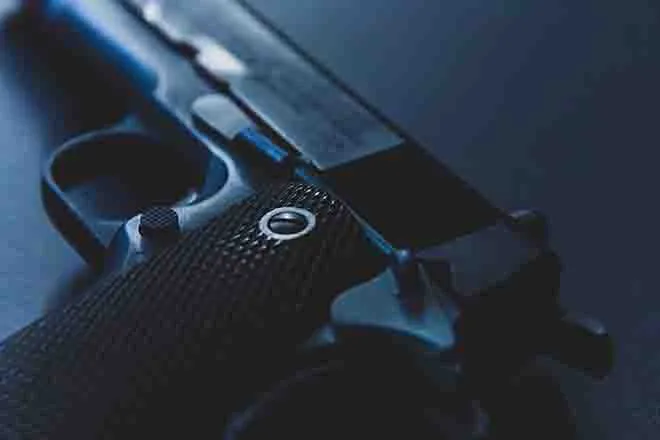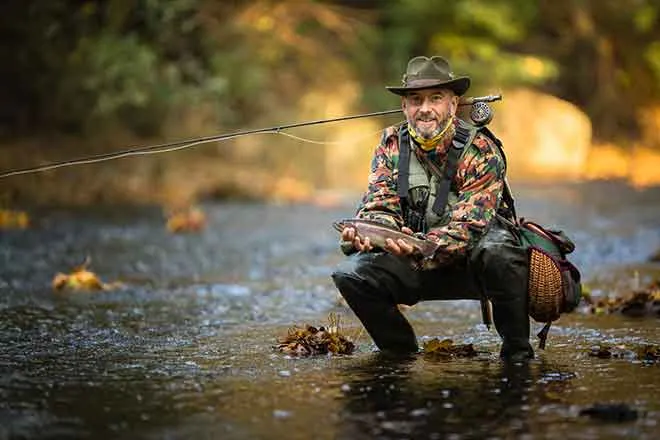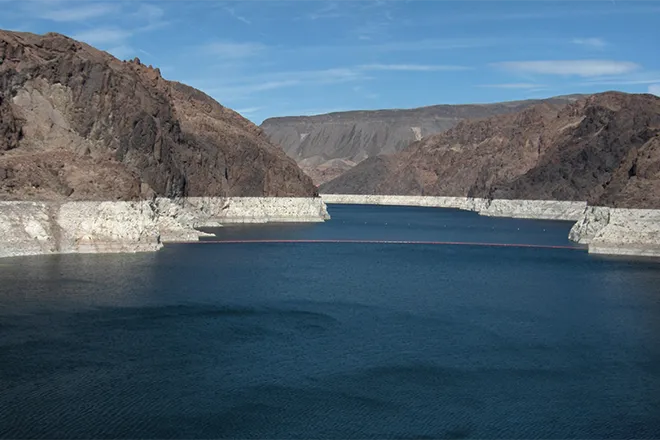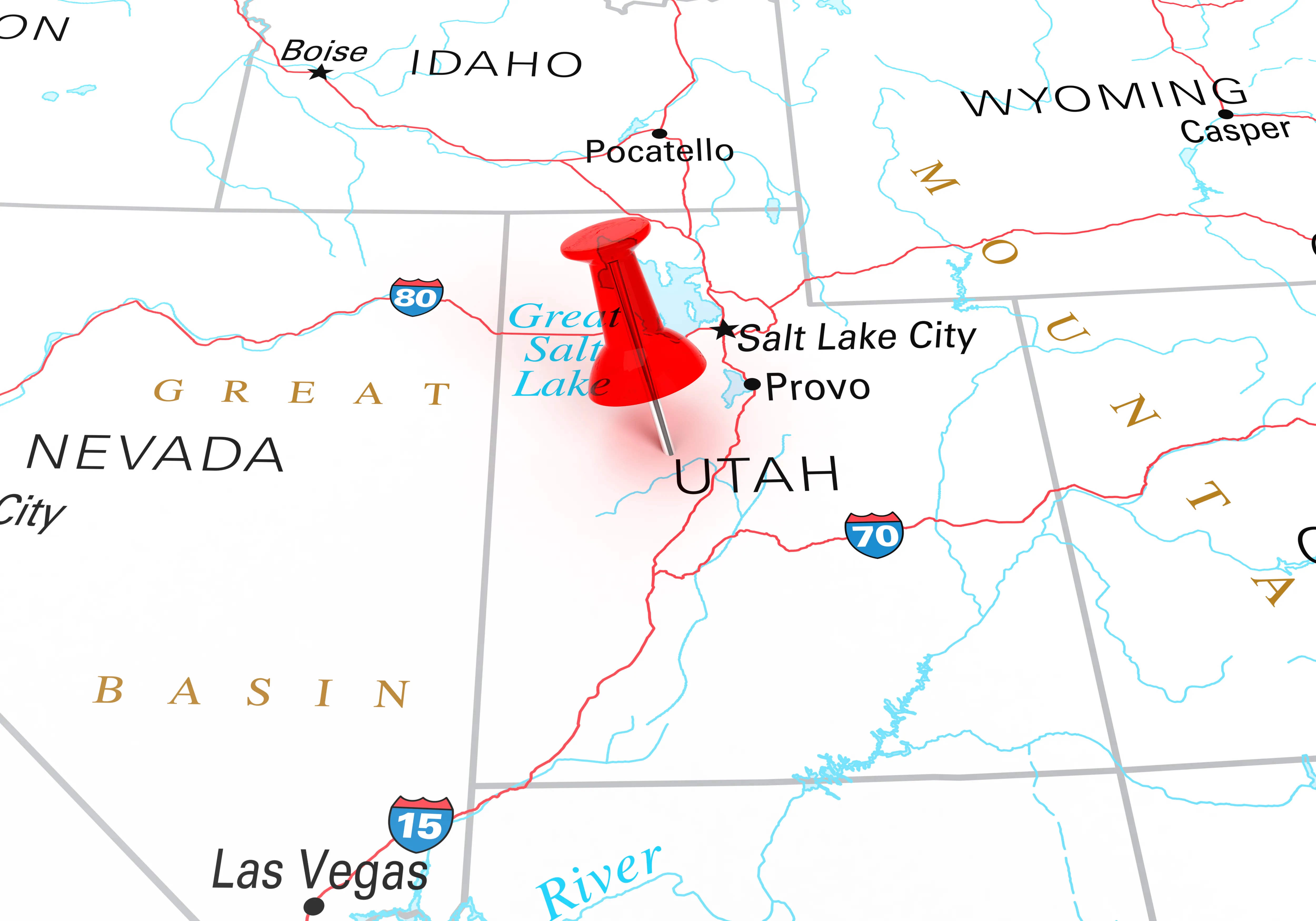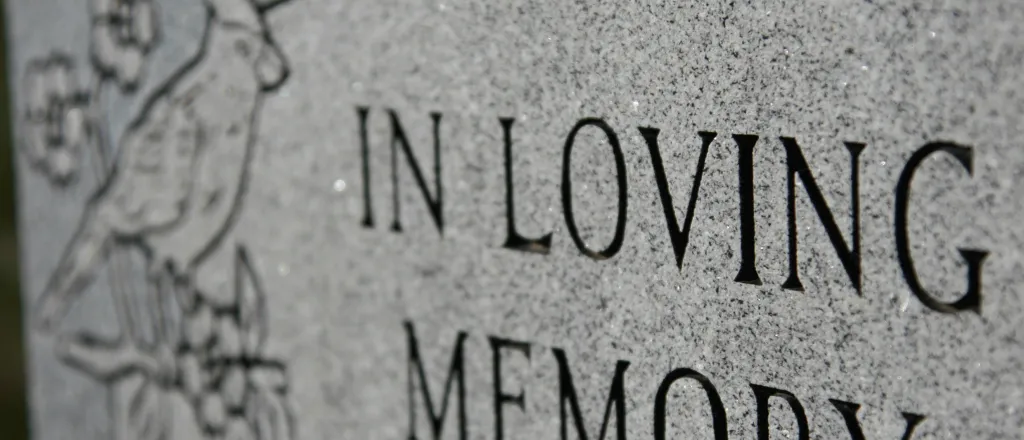
Colorado bill would require licenses for funeral service professionals
(Colorado Newsline) A bipartisan group of Colorado lawmakers wants to reinstate licensure requirements for people who work in the funeral industry, coming off a year with two high-profile funeral home mismanagement incidents in the state.
If passed, the bill would require a license to work as a funeral director, mortuary science practitioner, embalmer, cremationist or natural reductionist who converts human remains to soil.
Colorado is the only state that doesn’t require a professional license to work in the industry after the Legislature sunsetted the requirement in 1983.
“Establishing licensure of those who are entrusted with caring for our loved ones during a family’s time of grief and mourning will ensure that Coloradans can trust the businesses and people that they go to, and not have to worry about whether their loved one will be mistreated or their remains disrespected,” said Sen. Dylan Roberts, a Frisco Democrat.
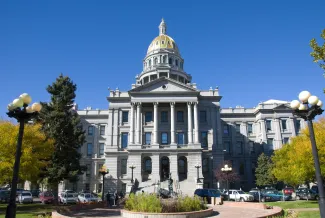
Colorado Capitol Building Denver © iStock - kuosumo
Roberts will run the bill in the Senate with Republican Sen. Bob Gardner of Colorado Springs. In the House, it will be sponsored by Republican Rep. Matt Soper of Delta and Democratic Rep. Brianna Titone of Arvada. The bill had not yet been formally introduced at the time of publication.
“It’s clear that Colorado needs additional regulation to rebuild the public trust and integrity of the death care industry,” said Patty Salazar, the director of the Department of Regulatory Agencies. “We all know the several egregious incidents that have been highlighted on a national scale, which demonstrates how the legislative and regulatory framework has failed Coloradans who have experienced loss and unfortunately sought funeral services from grossly incompetent funeral professionals.”
Last year, authorities found nearly 200 decaying, improperly stored bodies at a funeral home in Penrose that purported to offer natural burial services. Some customers believe they were given fake ashes instead of the cremated remains of their loved one.
In February, authorities found the cremated remains of at least 30 people and the corpse of a woman at the Denver house of a former funeral home owner who was being evicted.
“Colorado is the laughing stock of the industry because we don’t have licensing,” said Shelia Canfield-Jones, whose deceased daughter had been improperly stored at the Penrose funeral home for four years.
“This bill has the potential to bring accountability and to bring credibility to an industry that needs to be regulated. Self-regulation for the funeral industry does not work. They tried, and this is what happens,” she said.
The bill would require new funeral industry professionals to obtain a license beginning in 2026. To be eligible, a person would need to have a degree from an accredited institution, pass a national board exam, pass a criminal background check and complete a one-year apprenticeship.
Funeral professionals already working in the state would immediately be eligible for a provisional license if they pass a background check, have worked at least 6,500 hours in their field and completed an apprenticeship at some point in their career.
“This is one of the big issues — because we haven’t had any licensure for over 40 years, we have to do something for the people who have already been working here and might not have gone to school for it,” Joseph Walsh, the president of the Colorado Funeral Directors Association, told Colorado Newsline. He doesn’t want a new law regulating the industry to kick people out of their careers because of an educational requirement.
Walsh said CFDA has been working with Soper and Roberts for over a year on the legislation and is in “basic agreement with it.”
The requirements for a provisional license and the higher state involvement in general could act as a deterrent for bad actors, sponsors say, and push them out of the industry, while at the same time identifying the people who are doing good work.
A related bill from the same sponsors, House Bill 24-1335, would require regular inspections of funeral homes and crematories. It has its first committee hearing March 7.
Colorado Newsline is part of States Newsroom, a nonprofit news network supported by grants and a coalition of donors as a 501c(3) public charity. Colorado Newsline maintains editorial independence. Contact Editor Quentin Young for questions: info@coloradonewsline.com. Follow Colorado Newsline on Facebook and Twitter.


